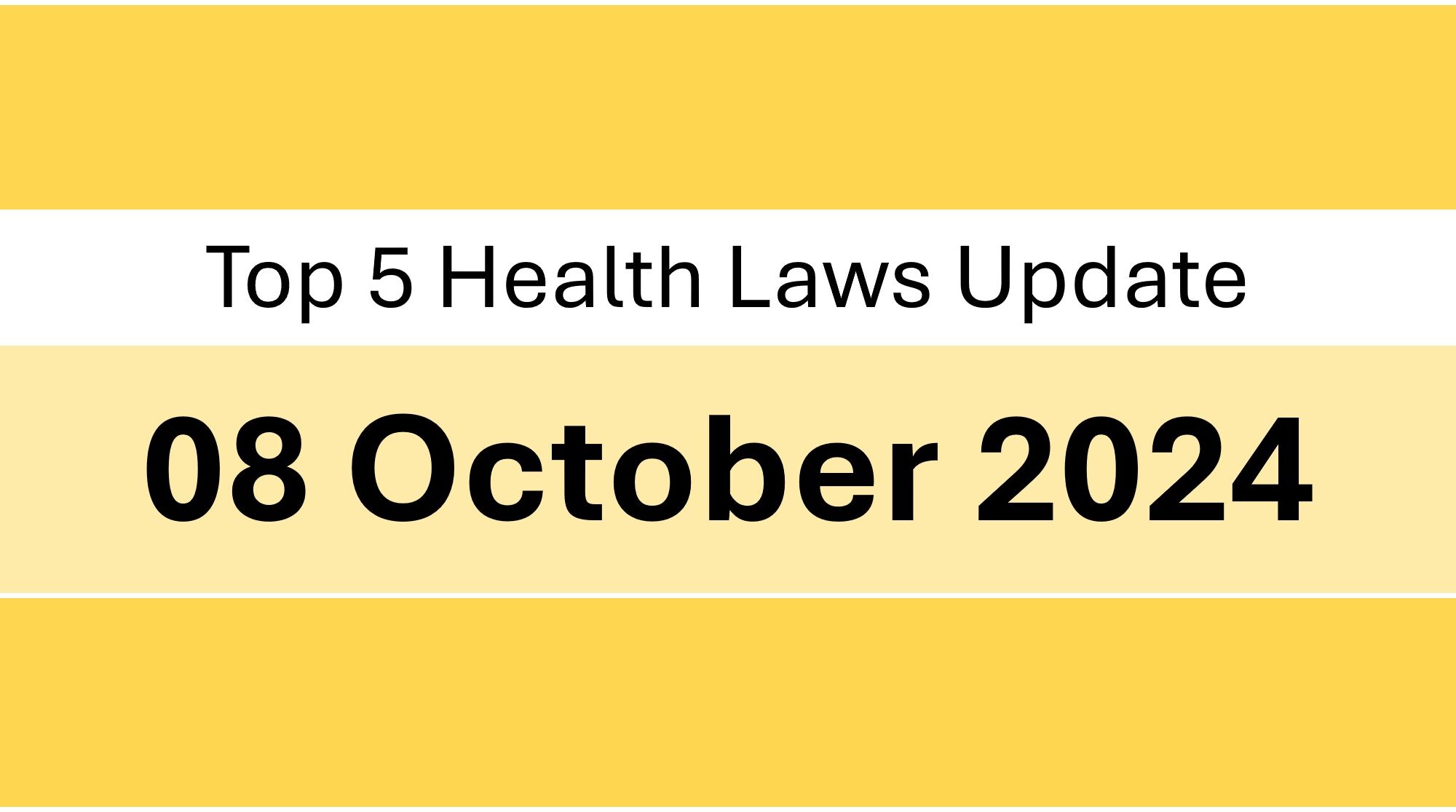1. The Food Safety and Standards Authority of India (FSSAI) has waived off the registration fees of hawkers for the grant of registration certificate and renewal of registration certificate with effect from 28th September 2024. The registration certificate will now be issued for five years only. Previously an option for selection of validity from one to five years was available to the applicant.
Source: bit.ly/4dy8EyA
2. Drug manufacturers submitting false or misleading information may reportedly face legal action from the Drugs Controller General of India (DCGI). As of now, the Drugs Rules, 1945 contains no provision addressing the problem of providing false, falsified, or misleading information for receiving regulatory approvals. As per the plan, the applicant may face debarment in addition to product suspension and cancellation for misleading the licensing authority.
Source: bit.ly/3Nh4D6V
3. An exemption has been granted for the generation of E-way bills for the transportation of job work, storage, and warehousing of goods, specifically turmeric, chilli (genus: Capsicum), and raisins, by the Maharashtra Government. This exemption applies on the condition that such goods are transported within the State of Maharashtra for a distance of up to fifty kilometers with no cap on consignment value.
Source: bit.ly/4dxlj4M
4. India’s Ministry of Health and Family Welfare (MoH&FW) is reportedly considering a proposal to classify all antibiotics as ‘new drugs’ under the New Drugs and Clinical Trials Rules, 2019. The aim is to regulate all antibiotics centrally through Central Licensing authority (CDSCO) rather than by State Licensing Authorities. The proposal also seeks to amend labelling requirements under the Drugs Rules, 1945, to address the rising concern over Antimicrobial Resistance (AMR), which has been highlighted as a global health priority.
Source: bit.ly/3ByExtw
5. Concerns over the potential harmful effects of hormonal contraceptives, particularly emergency contraceptive pills (ECP) or morning-after pills, have prompted India’s Central drug authority (CDSCO) to constitute an expert panel to discuss the possibility of requiring a doctor’s prescription before purchasing these drugs. The proposal to amend Drugs Rules is under examination by the three member committee constituted by CDSCO. As of now, hormonal contraceptives falling under Schedule K of the Drugs rules can be purchased without a prescription from a physician.
Source: bit.ly/4dFTXcT

